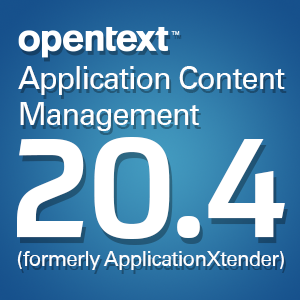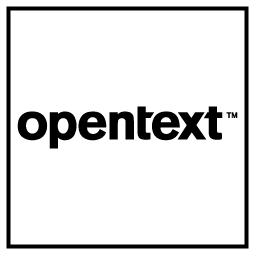Students no longer putting pen to paper at innovative schools
Monday, September 30, 2013Companies across the world are taking advantage of conversion services to digitize their records and streamline their processes, and educational institutions are leveraging similar types of electronic information management techniques to create paperless schools, colleges and universities.
Universities in Hong Kong, India embrace digitization
For instance, City University of Hong Kong was able to realize $500,000 in annual savings by reducing its reliance on paper as part of an enterprise content management initiative dubbed the "Paperless Office Project," FutureGov Asia Pacific reported. As a result, the university is enjoying lower power consumption, higher productivity and a more robust information security framework.
India's Cochin University of Science and Technology is set to soon reap similar benefits, according to the Deccan Chronicle. The university's administration wing will be upgrading to a digital filing system in the first step of an 18-month process to computerize all administrative, admission, examination and finance processes within the institution.
And, of course, a number of grade school students stateside kicked their academic years off in style recently by toting iPads and other tablet devices in place of the notebooks and textbooks of yesteryear, including pupils at Hagerstown, Md.-based St. Mary's Catholic School and Covington, La.-based Northlake Christian School.
For Australian schools, paperlessness will soon look different
To acquaint young members of its populace with technology at an early age, the previous government of Australia instated a laptops-in-schools program that eventually branched out to include tablet devices. As ZDNet reported, the Digital Education Revolution (DER) program was announced by former Prime Minister Kevin Rudd before the country's 2007 election and aimed to equip every high-schooler with his or her own laptop. Within half a decade, this goal became reality, and 967,000 laptops were disseminated to students in grades 9 to 12.
However, the Department of Education, Employment and Workplace Relations under former Prime Minister Julia Gillard – who was succeeded by current Prime Minister Tony Abbott earlier this month – announced in May of this year that as of the end of 2013, the initiative will be discontinued.
According to a separate article by ZDNet, this bombshell prompted some schools in the country to consider an approach more traditionally adopted by enterprises – bring-your-own-device, more commonly referred to by its acronym, BYOD. In the corporate world, BYOD refers to the practice of allowing employees to use their personal smartphones, tablets and laptops to perform work tasks. The same principle would apply within Australia's schools, except the device-owners in question would be students.
Georges River Grammar School, located in the Australian state of New South Wales, is one such institution that's gearing up to take the costs of purchasing and performing maintenance on laptops and tablets, which were previously absorbed by the government, and reassign them to parents.
"The [device] funding for schools has dried up now, and all those machines we had for years 9 to 12 are all out of warranty, and the three years [of funding] is up," said the school's IT network manager, Matthew Gebran, as quoted by the news source. "The school doesn't have the money to re-buy new devices – and students are used to having their own devices now – so [a BYOD approach] is the only way to go without the school having to fork out too much money."
In terms of network infrastructure, transitioning from the considerably more uniform approach of leveraging standard, government-issued devices to all manner of makes and models is no easy task. Indeed, the school recently completed a major revamp of its wired and wireless networks, with the goal of being able to fully support the varied technology.
Brought to you by Image One Corporation, providing complete information governance since 1994.




